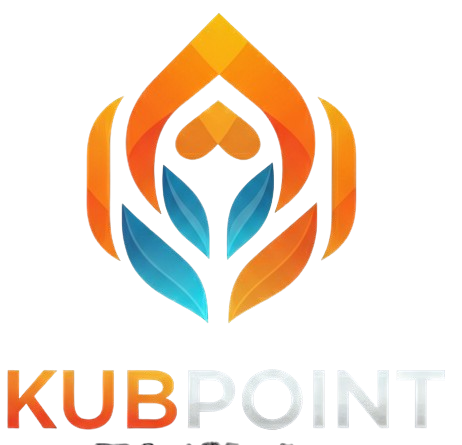About the job As a Support Engineer for HelpSpot, our help desk software application, you’ll have the unique opportunity to directly impact the happiness and growth of our customer base by providing world-class technical support. Our product is mission critical to our customers’ businesses. As such, the Support Engineer’s role is key as an initial point of contact with all current and prospective customers. You will manage issues from their first report to their eventual resolution, communicating with our customers and internal team throughout the process. People who succeed in this role tend to be empathetic, self-starters, technically minded, and…
Author: drweb
Today, building a high-quality and competitive web application requires more than just clean code, a user-friendly UX and good development practices. The success of such a project also hinges on creating a strategic approach and prioritizing components that bring long-term value to both your business and your customer. The following five aspects — security, performance, user-centricity, scalability and cross-platform compatibility — define an efficient, future-proof app that […]
The “404 Not Found” error during upgrade occurs when your system attempts to download packages from repository sources that no longer exist or have been moved, which typically happens with older Debian releases that have reached their end-of-life status and whose packages have been relocated to the archive servers. Since Debian maintains strict release cycles, older versions eventually move from active mirrors to dedicated archive storage. When this happens, your existing repository configuration becomes outdated, and package manager operations fail. Understanding 404 Errors During Upgrade When you run apt-get update or apt-get upgrade, the system reads your sources list from…
Artificial intelligence is revolutionizing software development—accelerating coding, improving quality, and enabling autonomous operations. From GitHub Copilot to AI-driven DevOps, businesses leveraging AI tools are building smarter, faster, and more adaptive applications.
Low-code development and orchestration are redefining how enterprises build, connect, and scale digital systems. Discover how platforms like RunMyProcess empower teams to create applications faster, automate workflows, and drive collaboration, agility, and profitability across the enterprise.
About the Role: US Service Animals and Dog Academy are currently recruiting for a Software Engineer who is a self-starter and takes initiative in tackling challenges with our web and mobile applications. We are a growing organization and building out many new products, so the Engineer will need to have an architectural mindset as we plan for scalability and the future. This candidate will collaborate with other developers on our team to research, plan, and build solutions to meet the businesses needs. What You’ll Bring 5+ years of experience with PHP, including an MVC framework like Laravel or YiiUnderstanding of…
Redgate has a research arm, called the Foundry, that has been experimenting with AIs and DBA tasks. This post shows how GenAI tech can be helpful to DBAs in finding blocking and removing the offending client.This is part of a series of experiments with AI systems.Redgate RunbooksOne of the experiments the Foundry is running is with something we’ve called Runbooks. Here’s the main screen, where I have a welcome and a chat window. This is like what I see in Claude.ai.I have connected this to two instances in the settings, and given the tool permissions to run queries, but not…
When Microsoft announced SQL Server 2025, I was curious about what would truly change the way developers and DBA’s interact with data. Over the years, we have seen incremental improvements in performance tuning, query optimization, and developer tooling. But this release feels different. The introduction of Query Intelligence is not just another feature; it is a shift in how we think about writing and managing queries.What Query Intelligence Actually MeansAt its core, Query Intelligence from my viewpoint is about giving the database engine the ability to understand intent rather than just syntax. In earlier versions, developers had to carefully craft…
Below is a curated list of 42 free books that provide valuable advice for first-time founders. Each title links directly to a free copy of the book. The authors are noted in italics, the free format is shown in parentheses and whether you need to provide an email to download, and a short summary explains why the book is useful.Let’s get started! 🚀 The Lean Startup – Eric Ries (HTML – no sign-up) – How Today’s Entrepreneurs Use Continuous Innovation to Create Radically Successful Businesses. As a Man Thinketh – James Allen (HTML/EPUB/Kindle – no sign-up) – Philosophical essay linking…
Tabnine introduces Tabnine Agentic, a new generation of AI agents that automate multi-step DevOps workflows including refactoring, debugging, and documentation. Built on Tabnine’s Context Engine, these agents bring governance, cost control, and compliance to AI-powered code development.
